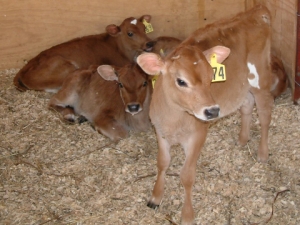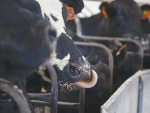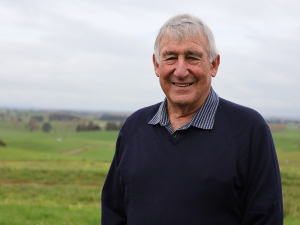It cautions that milk fever can lead to downer cows or affect future milk production.
The disorders are prevalent just before or after calving, triggered by an inability to mobilise enough calcium. Subclinical cases of milk fever can be hard to pick up, and industry data indicates that for every downer cow it is likely that 10-15 others in a herd will have early-stage milk fever symptoms.
“It’s estimated that the cost of a clinical case of milk fever can reach up to $1500 per cow – including lost milk production, reduced fertility and increased likelihood of culling due to other diseases such as mastitis. Not only is the risk a costly one, it’s also unnecessary,” says the company’s product development manager, Jackie Aveling.
Aveling explains there is a clear link between nutrients and vitamins, and reproduction and lactation in dairy herds.
“Using supplements pre- and post-calving is a good preventative strategy for metabolic diseases and sets up cows well for lactation post-calving. What’s important is ensuring supplements are readily available well before the calving picks up from July.”
Dehydrated molasses blocks, such as Crystalyx Dry Cow can be used as a sole source supplement, and need to be available to stock for 60 days prior to calving and then throughout the colostrum period. The dehydrated molasses helps to ensure cows get the right intake, and the minerals and vitamins help to improve the general immunity of the cow.
Other options include SealesWinslow’s Cattle High Magnesium Block or the Cattle Winter Crop Block. Both are suitable for farmers who want cost-effective pre-calving magnesium supplementation as part of a programmed approach, and will help ensure stock receive the minerals and trace elements they need.


















